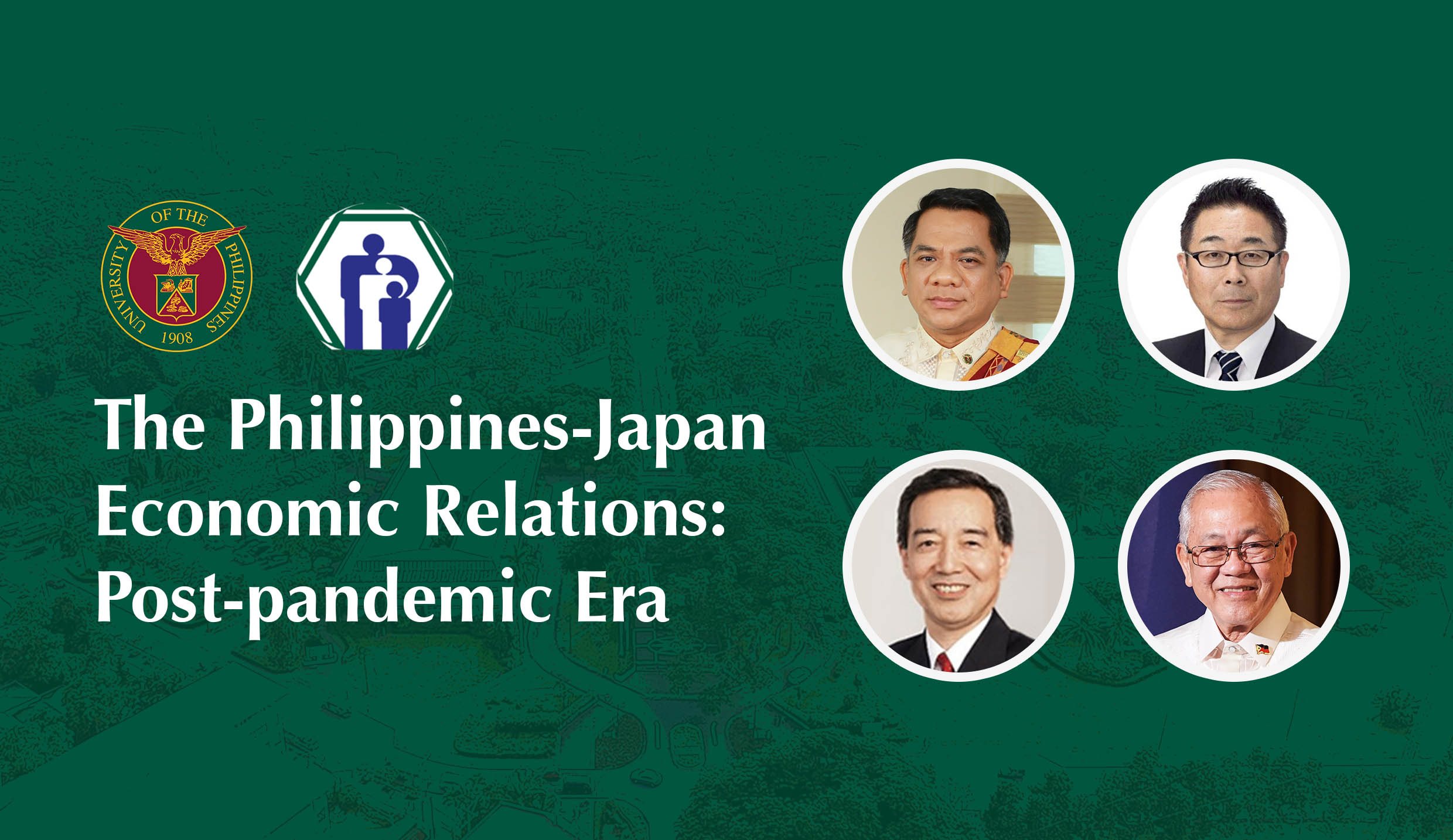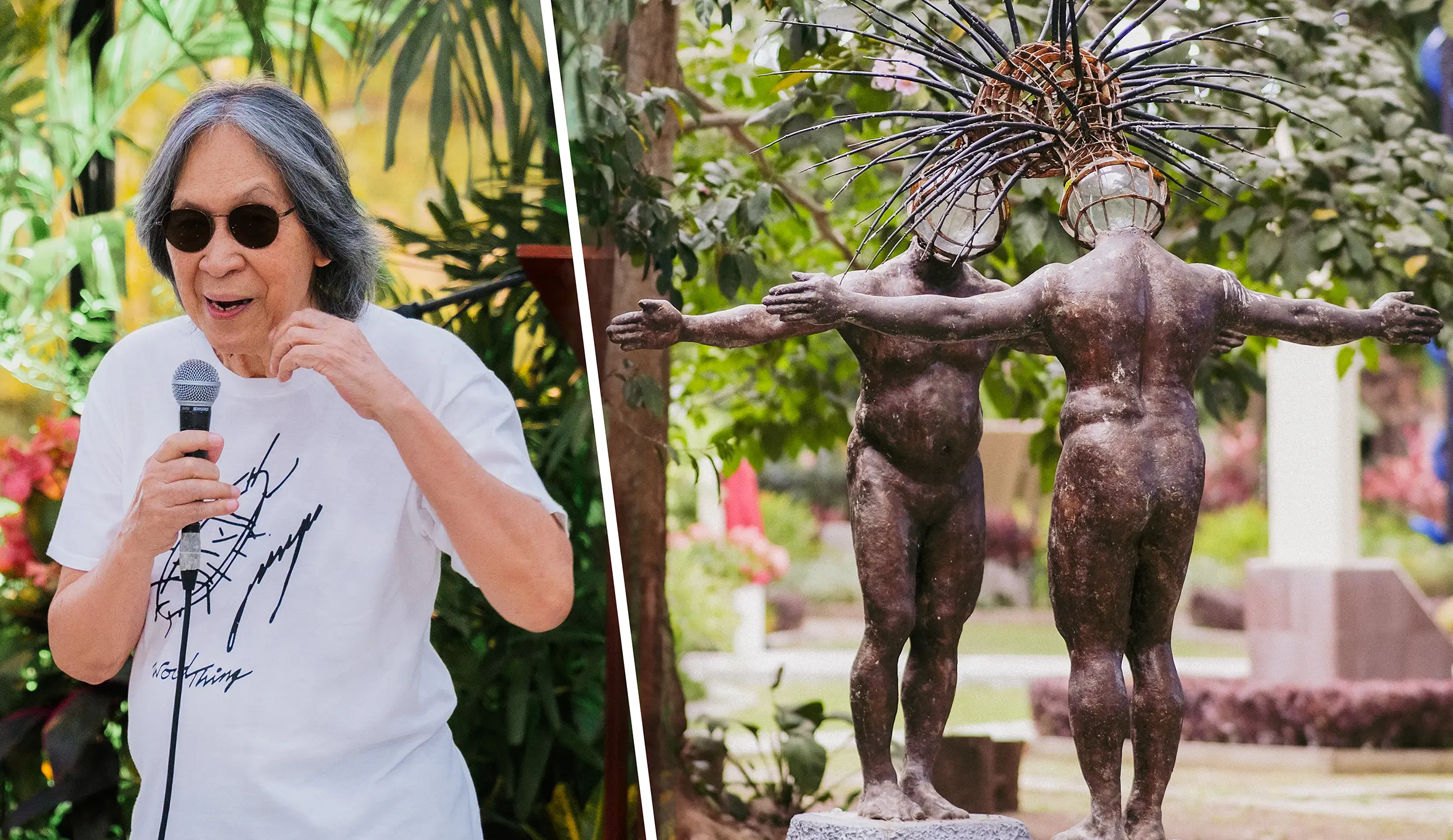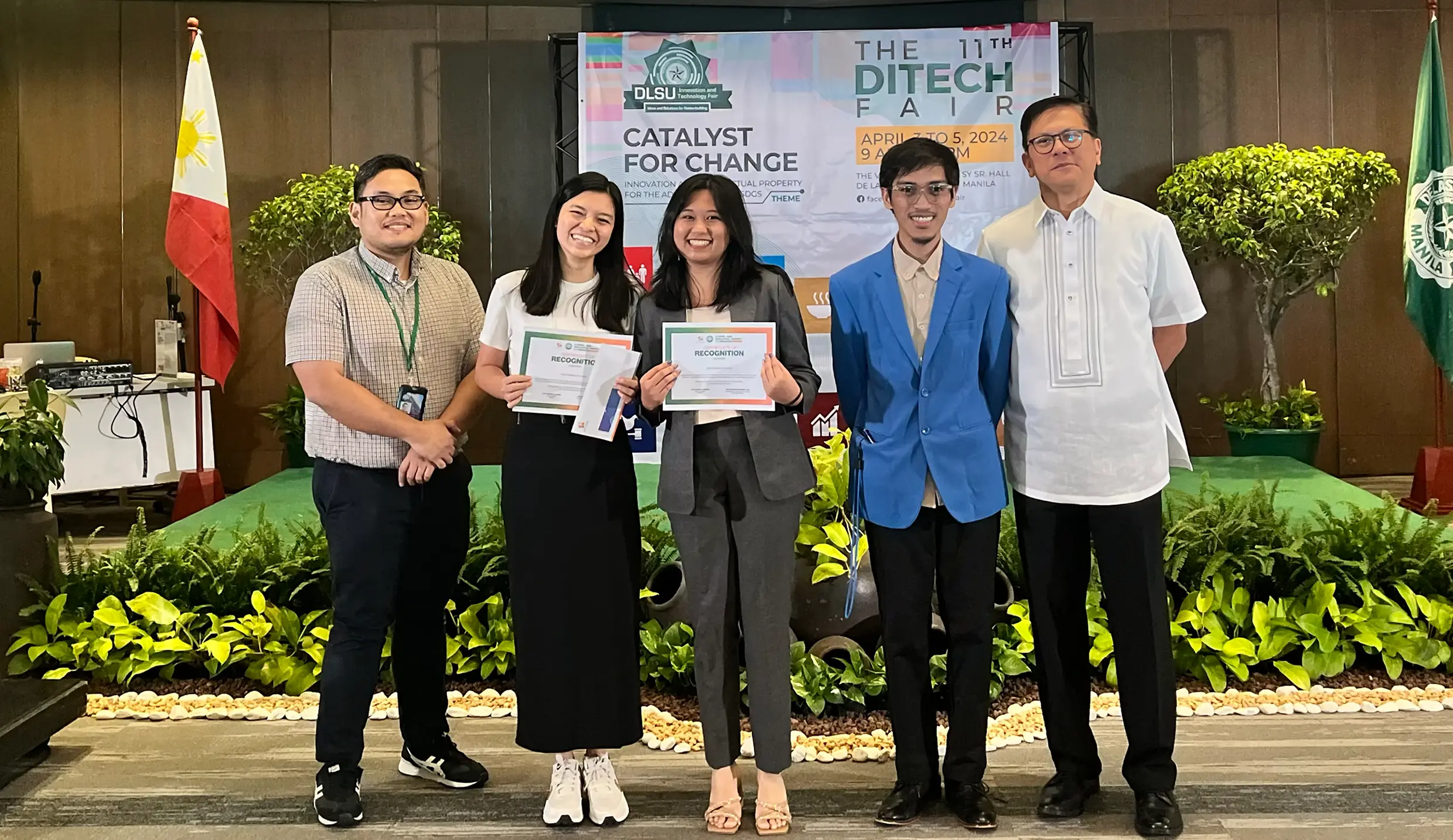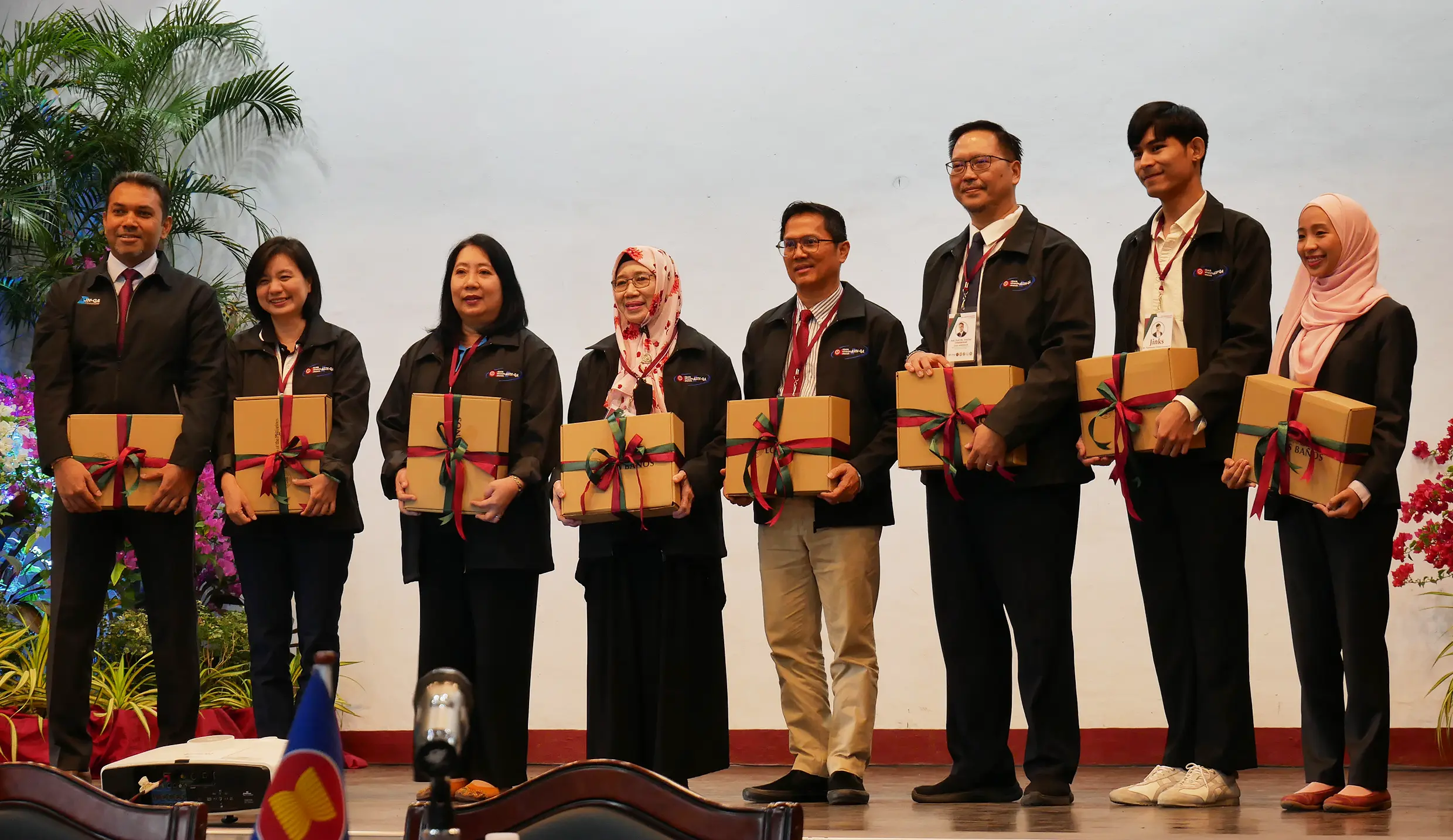
“Japan is a friend, more than a brother.” This is how President Rodrigo R. Duterte described the Japan-Philippines relations during the country visit of Japanese Prime Minister Shinzo Abe in 2017.
The statement was highlighted in a webinar entitled, “The Philippines-Japan Economic Relations: Post-pandemic Era,” held on March 23 via online platforms.
The webinar had Dr. Susumo Ito, dean of the Graduate School of International Studies and Regional Development, University of Niigata Prefecture in Japan, as resource speaker. Japanese Ambassador to the Philippines Kazuhiko Koshikawa and Philippine Ambassador to Japan Jose C. Laurel V also joined the webinar as discussants.
In his opening remarks, Chancellor Jose V. Camacho, Jr. recognized Japan as the strongest and most reliable partner country of the Philippines.
He said that this is evident in the joint research projects, academic exchange programs, scholarships, and research grants that UP is implementing with various Japanese research agencies and academic institutions.
The Philippines signed the Japan-Philippines Economic Partnership Agreement (JPEPA) in 2006. It is the only bilateral economic partnership agreement of the Philippines.
In 2020, the country also entered into a multilateral free trade agreement—the Regional Comprehensive Economic Partnership (RCEP)—with other member states of the Association of Southeast Asian Nations (ASEAN), Australia, New Zealand, China, South Korea, and Japan.
RCEP, which is now in the process of ratification in the Philippine Senate, can stimulate cooperation among countries, according to Dr. Ito. “[RCEP] can create a win-win interaction between developed and developing economies in the region, restructure global trade patterns and supply chains, and then, set the momentum for global trade and investment amid the current COVID-19 pandemic shock,” he said.
The COVID-19 pandemic has adversely affected the Philippine economy. According to Dr. Ito, the complete lockdown that happened in the second quarter of 2020 resulted in a negative growth of the Philippine economy, especially the investment and household consumption. He also mentioned other impacts including the changes in economic policies and global value chains and accelerated remote works.
Enhanced economic collaboration
Given the economic situation of the country, Dr. Ito laid out possible areas for enhanced economic collaboration between the Philippines and Japan, such as foreign direct investments (FDIs) and infrastructure development. These are reflected in the Philippine government’s 10-point Socio-economic Agenda. The increase in FDIs is related to the third agenda which is to increase competitiveness and the ease of doing business. Meanwhile, infrastructure development is related to the fourth agenda which is to accelerate annual infrastructure spending to account for 5% of GDP, with public-private partnerships (PPP) playing a key role.
Despite being the third most closed economy as per 2020 FDI Regulatory Restrictiveness Index, the country has made significant efforts in the past six years, according to Dr. Ito.
He cited three economic liberalization bills that were recently signed into law. These are the amendment of the Foreign Direct Investments Act, which eases restrictions and requirements on foreign ownership; the amendment of the Retail Trade Liberalization Act, which reduces the minimum paid-up capital requirement for foreign retailer; and the amendment of the Public Service Act, which allows up to 100% foreign equity in sectors including telecom, railways, airlines, tollways, and airports.
“Together with the Corporate Recovery and Tax Incentives for Enterprises Act of 2021, which reduces corporate income tax and improves fiscal incentives to encourage FDI, I think the economic liberalization bills [are] very important initiatives for attracting more foreign investments to the Philippines to attain faster economic recovery, create jobs, provide more competition, facilitate technology transfer, and raise revenues to meet challenges caused by COVID-19. I think these could be possible areas for further collaboration between the Philippines and Japan,” he stated.
However, he emphasized that the bills are a necessary condition to lower market entry barriers, and are not sufficient conditions to attract FDI.
In terms of infrastructure development, Dr. Ito presented data showing that the Philippine infrastructure investment is between 2-4% of the gross domestic product (GDP). “They say that we need to have at least 5% in the case of developing countries to keep up the economy for infrastructure investment. So you can see that the Philippine investment for the infrastructure-to- GDP is low among ASEAN countries,” Dr. Ito said.
Nevertheless, Dr. Ito again recognized the effort of the Philippines on its large-scale infrastructure program known as Build Build Build (BBB), which has 119 flagship projects. Some of these projects will be completed in 2022, but most of it is still on-going.
“We need improvement of capacities of implementation agencies, promotion of PPP options especially the solicited mode, and then further improve the PPP environment and infrastructure governance, especially the decision-making process for finance mode. This could be another possible area for further collaboration between the Philippines and Japan,” he noted.
To finish his presentation, Dr. Ito acknowledged the present and future challenges in the country. Some of these are limited resource mobilization, long-term productivity losses among students due to two years of remote learning, and how the next administration will tackle Ambisyon Natin 2040.
Past and Present collaborative activities
Ambassador Koshikawa said in his discussion that the Japan and Philippines economic relation will not change but rather increase in the coming years. As the top donor of the Philippines, Japan will contribute to the recovery of the Philippine economy by continuously supporting its infrastructure development program. He also pointed out that Japan provided various support amounting to USD 1 billion for the Philippine government’s measures against COVID-19.
According to Ambassador Koshikawa, Japan is the Philippine’s largest and third largest export destination in 2020 and 2021, respectively, and the second largest source of imports in 2020 and 2021.
Moreover, it has been the largest investment source of the Philippines since 1994. Thousands of Japanese companies have been engaged in business and production activities in the country, as enabled by JPEPA. Japan is, likewise, the Philippines’ fourth largest source of overseas remittance.
Ambassador Laurel for his part highlighted the efforts for continuing collaboration between the two countries. According to him, Japan and the Philippines have been conducting regular meetings since 2017 to prioritize the Philippines’ infrastructure development, Mindanao peace and development process, information and communication technology, energy service, public safety, and disaster risk reduction and management.
“I certainly agree with Professor Ito that we need to spend more on infrastructure modernization, which would further contribute to creating quality jobs, encouraging new businesses, and improving the accessibility and connectivity of our communities,” he said.
Moreover, Ambassador Laurel stressed that the Philippine economic recovery remains promising because of its early reforms, including the three economic liberalization measures, and its strong macroeconomic fundamentals.
He also recognized significant accomplishments in terms of peace and order, good governance, and social services, specifically the free education in state universities and colleges.
The webinar was organized by the Community Innovations Studies Center of the UPLB College of Public Affairs and Development. (Joanne V. Alvarez)








